12 Dog Breeds Most Prone to Cancer

Cancer is a leading cause of death in dogs, particularly in their senior years. The disease’s prevalence varies significantly among breeds, with some being genetically predisposed to different forms of cancer. This predisposition can be due to a variety of factors, including genetics, lifestyle, and even the dog’s size. Large and giant breeds, for example, are often more susceptible to bone cancer than smaller breeds. Understanding which breeds are most at risk can help pet owners take proactive steps in monitoring their dogs’ health, seeking early detection and treatment where possible. In this article, we will explore twelve dog breeds that are most prone to cancer, delving into the reasons behind their susceptibility and offering insights into how owners can support their canine companions.
1. Golden Retriever
Golden Retrievers are one of the breeds most commonly affected by cancer, with studies indicating that up to 60% may develop the disease in their lifetime. They are particularly prone to hemangiosarcoma, lymphoma, and mast cell tumors. Genetic predisposition plays a significant role in this high incidence rate, along with environmental factors and lifestyle. Owners of Golden Retrievers should be vigilant for any signs of illness and maintain regular veterinary check-ups to catch any issues early. A healthy diet, regular exercise, and minimizing exposure to known carcinogens can also help reduce the risk.
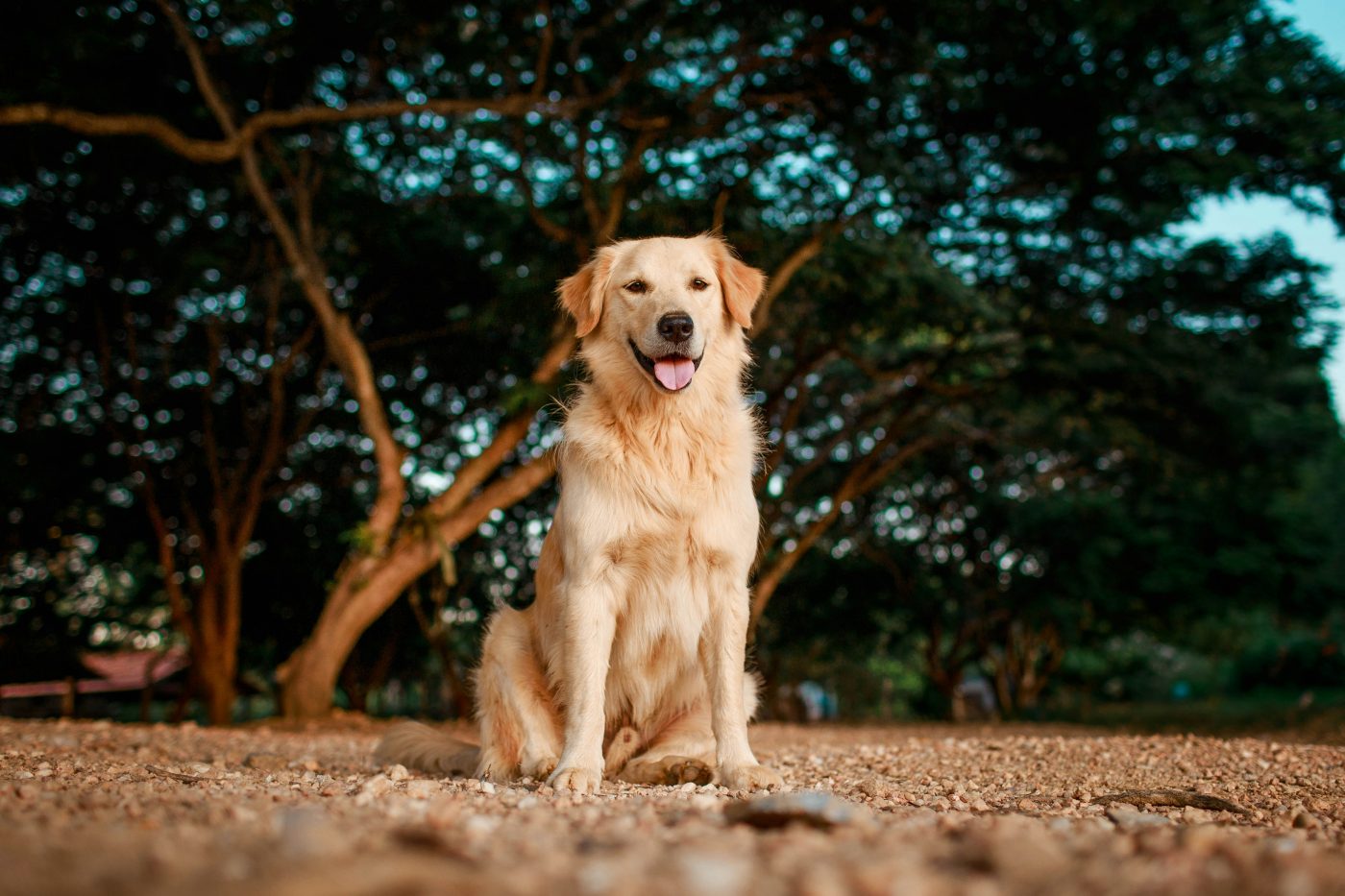
2. Boxer
Boxers have a high predisposition to several types of cancer, including mast cell tumors, lymphoma, and brain tumors. Their genetic makeup is a key factor in this susceptibility, with certain genes linked to cancer risk being more prevalent in the breed. Early detection through regular veterinary exams is crucial, as Boxers can develop aggressive forms of cancer that progress rapidly. Owners should be particularly alert to any unusual lumps or changes in their dog’s health and behavior.

3. Rottweiler
Rottweilers are another breed with a significant risk of cancer, notably osteosarcoma (bone cancer), which affects them at a higher rate than most other breeds. Their large size and rapid growth rate may contribute to this increased risk. Rottweilers can also suffer from lymphoma and mast cell tumors. Ensuring they maintain a healthy weight, coupled with regular veterinary screenings, can help manage their risk and identify any problems as early as possible.

4. Bernese Mountain Dog
Bernese Mountain Dogs have one of the highest cancer rates among all dog breeds, with a significant number being affected by histiocytic sarcoma, a particularly aggressive cancer. They are also prone to mast cell tumors and lymphoma. The high incidence of cancer in Bernese Mountain Dogs is largely attributed to genetic factors, making regular health screenings and genetic testing important tools for owners to manage their pets’ health.
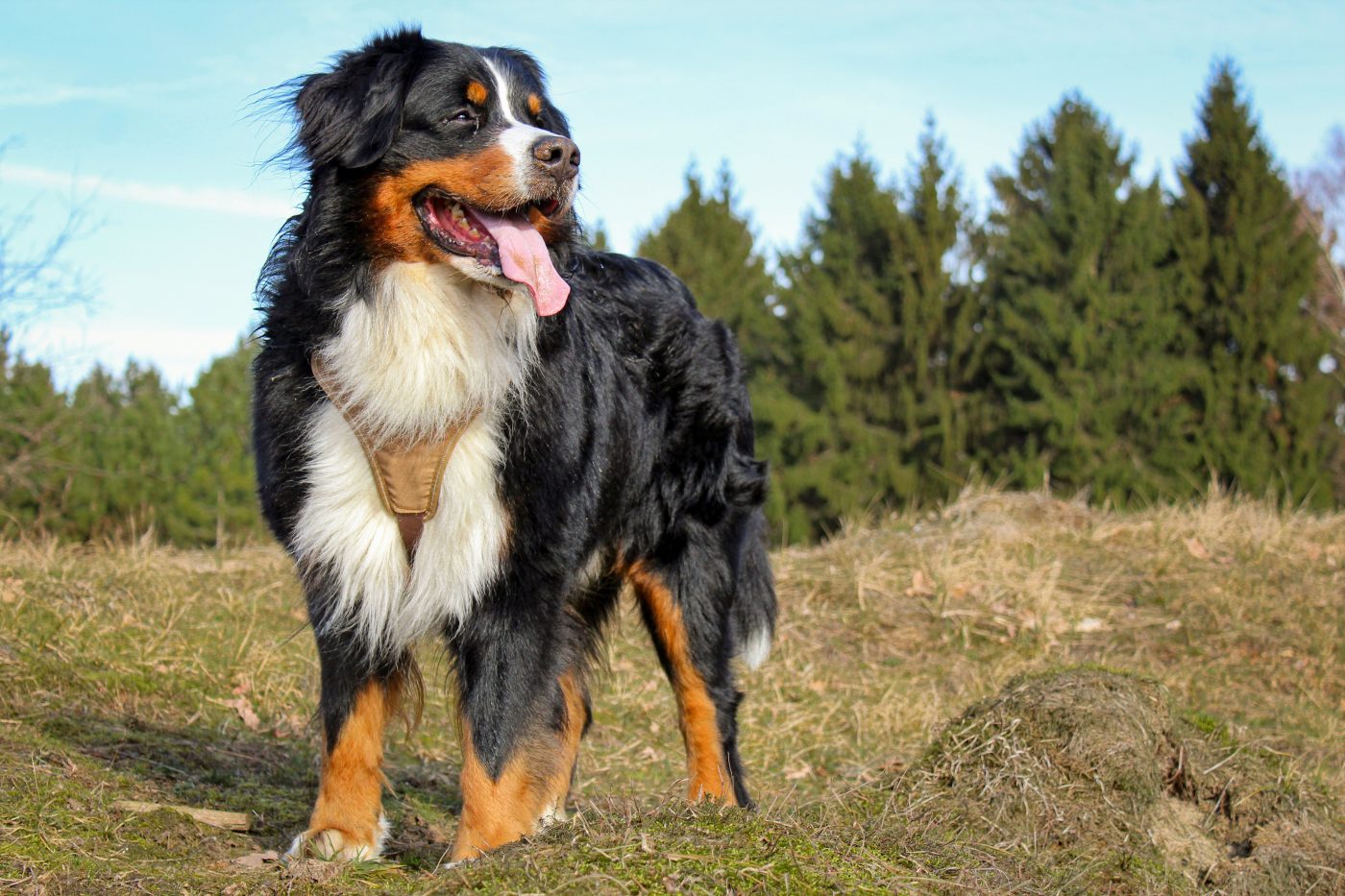
5. Labrador Retriever
While Labrador Retrievers are generally considered healthy dogs, they are prone to certain cancers, including lymphoma and hemangiosarcoma. Factors contributing to their cancer risk include genetics, size, and possibly over-breeding. Labradors often enjoy long lives, which also increases their likelihood of developing cancer simply due to age. Owners should focus on providing a balanced diet and regular exercise to support overall health and reduce cancer risks.

6. German Shepherd
German Shepherds are susceptible to hemangiosarcoma and osteosarcoma, along with other health issues like hip dysplasia that can affect their overall well-being. Their risk of developing cancer is influenced by both genetic and environmental factors. Keeping German Shepherds active and healthy, along with regular veterinary care, can help in the early detection and treatment of these conditions.

7. Cocker Spaniel
Cocker Spaniels are at a heightened risk for several types of cancer, including melanoma and lymphoma. Their genetic background contributes to this susceptibility, making it important for owners to be proactive in monitoring for signs of cancer from an early age. Regular health checks, a healthy lifestyle, and prompt veterinary care at the first sign of abnormalities can help in managing their risk.

8. Scottish Terrier
Scottish Terriers have a higher-than-average risk of developing bladder cancer and melanoma. Research suggests that genetic factors play a significant role in their predisposition to these cancers. Owners of Scottish Terriers should be particularly vigilant about any changes in urination habits or the appearance of unusual growths on the skin and seek veterinary evaluation promptly.
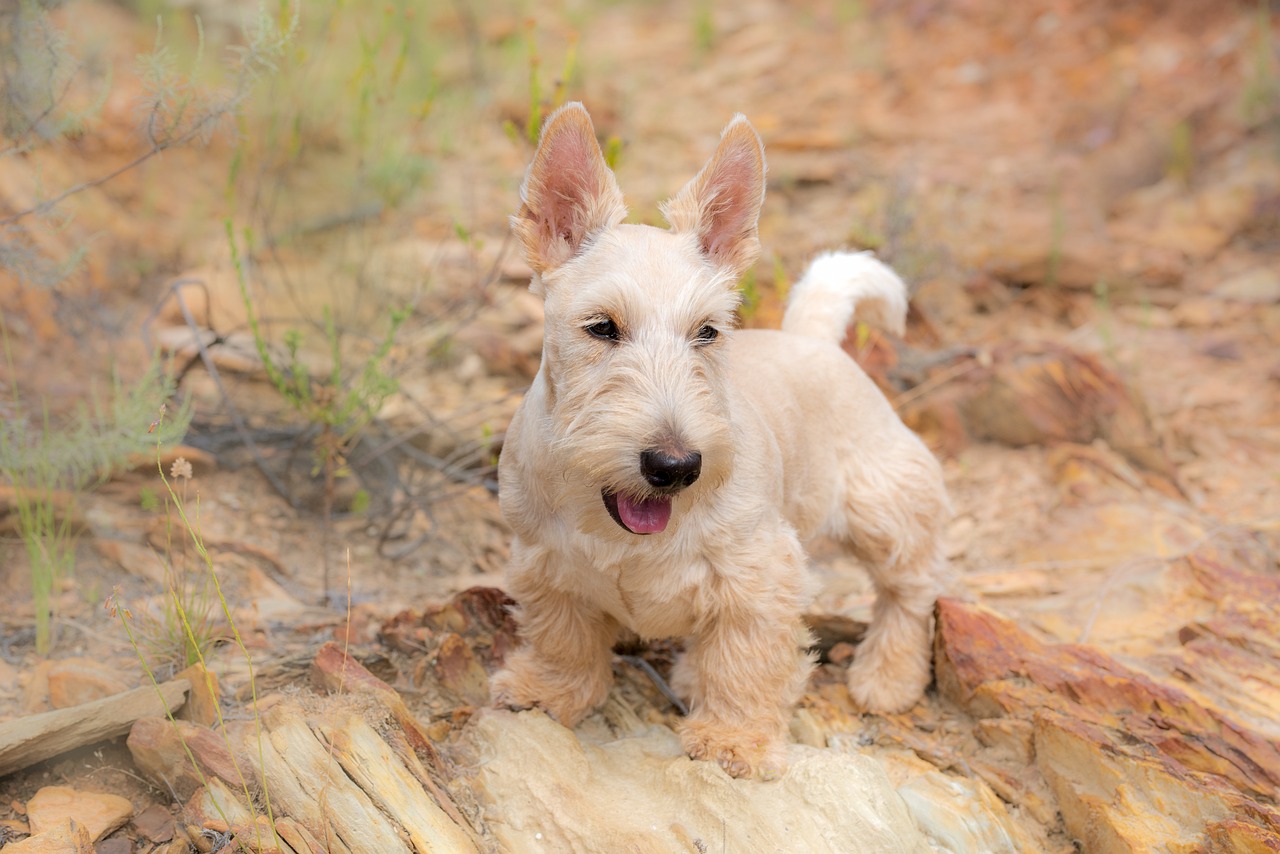
9. Doberman Pinscher
Doberman Pinschers are prone to developing several types of cancer, including lymphoma and osteosarcoma. Their genetic makeup, along with their size, contributes to this increased risk. Maintaining a healthy lifestyle and regular veterinary check-ups are crucial for the early detection and management of cancer in Doberman Pinschers.
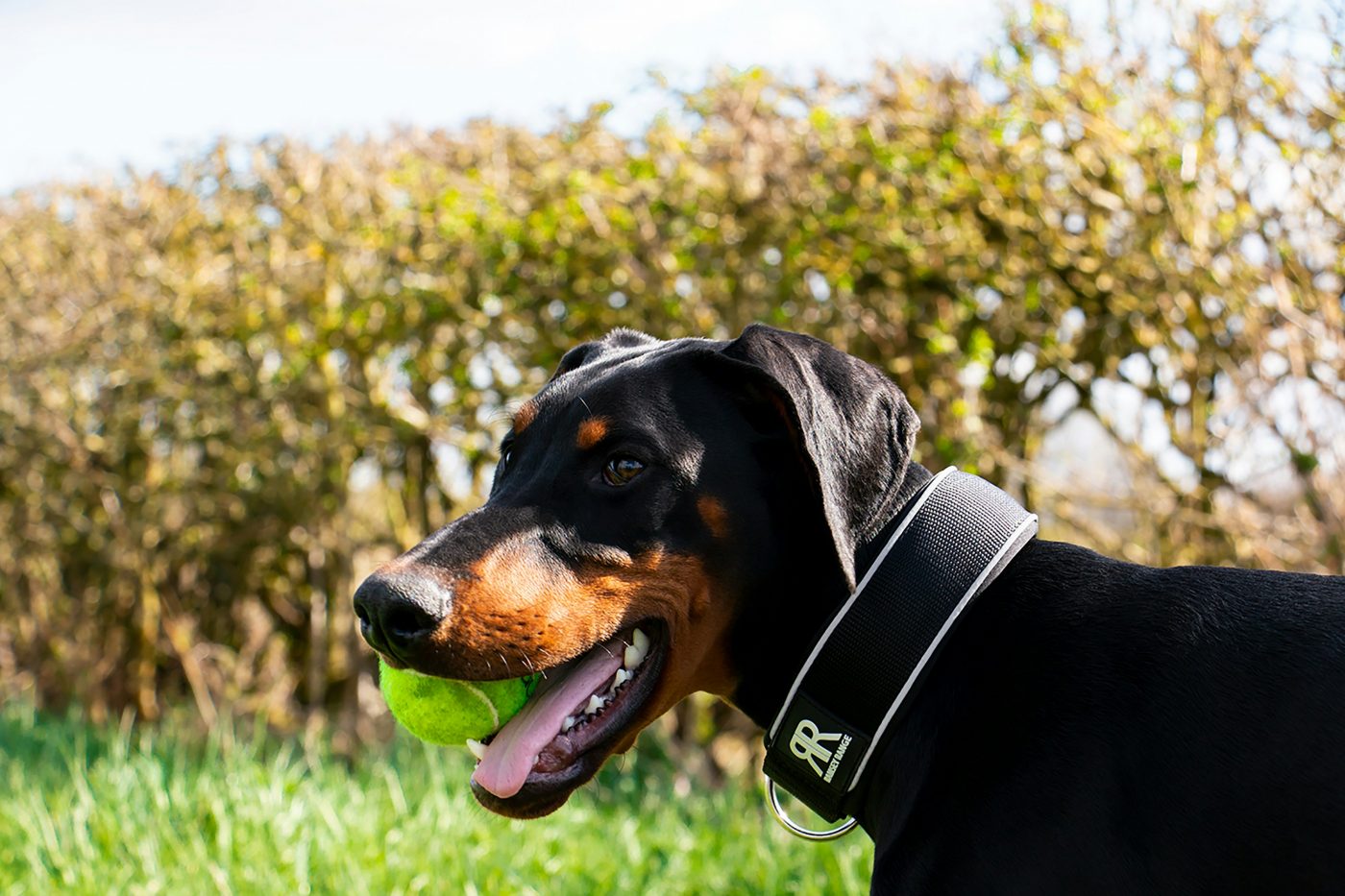
10. Great Dane
Great Danes are at a significant risk for osteosarcoma, likely due to their large size and rapid growth. They can also suffer from other cancers, including lymphoma. The breed’s genetic predisposition to these diseases means that owners need to be particularly conscientious about health monitoring and seeking veterinary advice for any concerns.
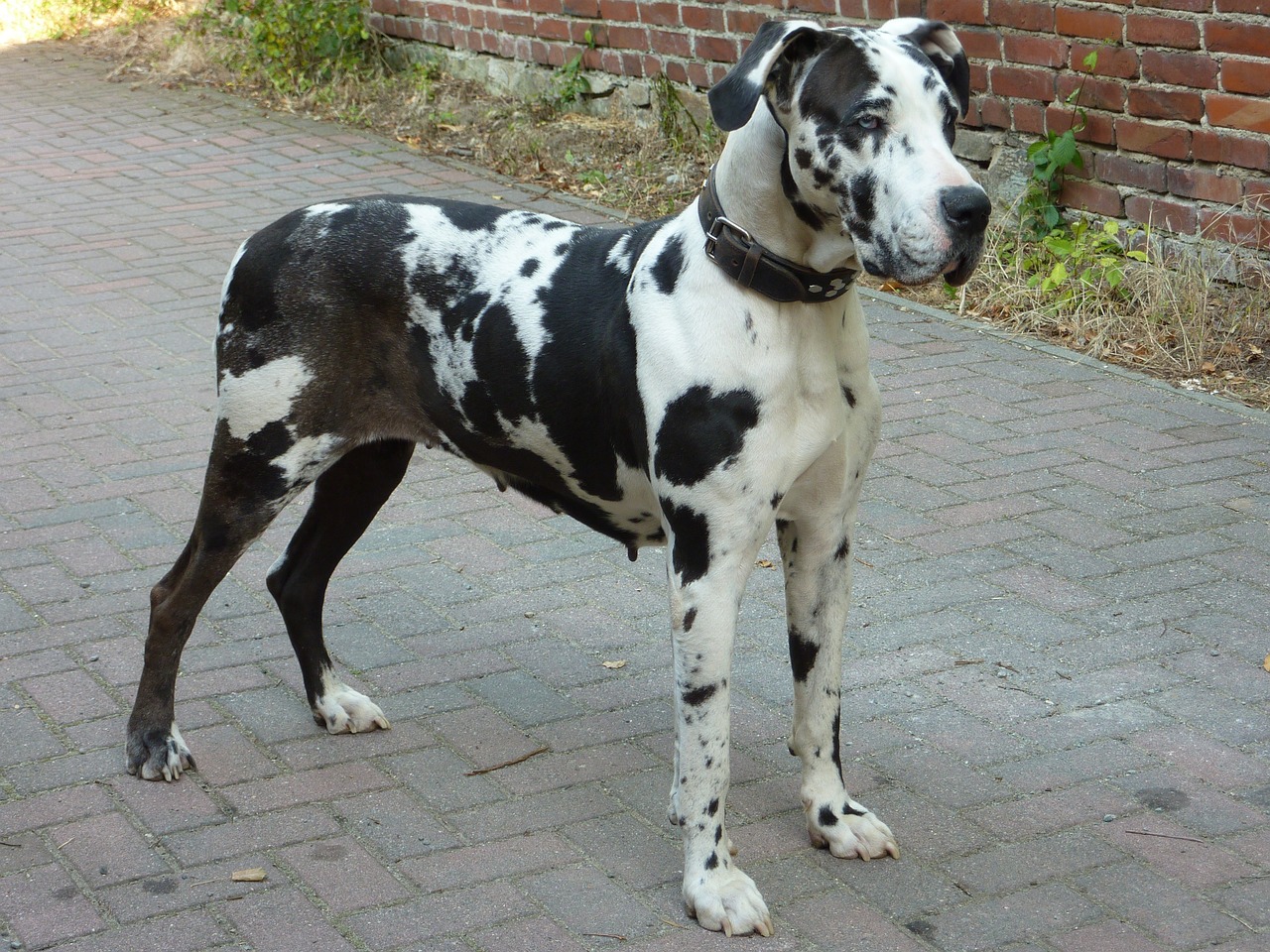
11. Flat-Coated Retriever
Flat-Coated Retrievers have a high incidence of cancer, particularly histiocytic sarcoma and lymphoma. Their cancer susceptibility is believed to be largely genetic, highlighting the importance of health screenings and responsible breeding practices. Owners should be proactive in seeking veterinary care for any signs of illness in their pets.
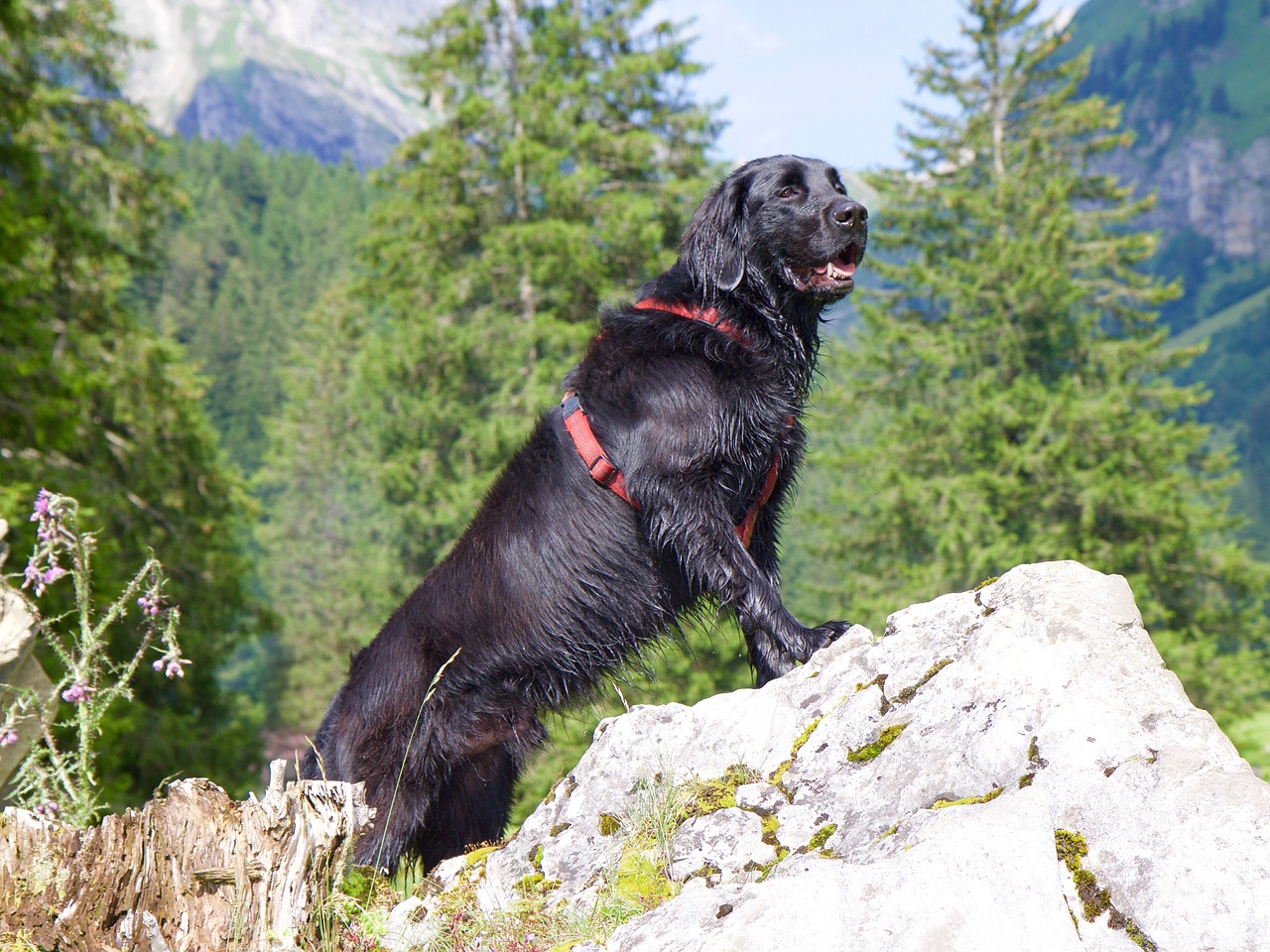
12. Standard Poodle
Standard Poodles are prone to several types of cancer, including mammary cancer, lymphoma, and skin tumors. While their genetic diversity can be a protective factor against certain diseases, it also includes cancer susceptibility. Regular health screenings, along with a healthy diet and lifestyle, are key to managing cancer risk in Standard Poodles.

Cancer remains a significant health concern for many dog breeds, with genetics, size, and lifestyle factors all playing roles in their susceptibility. The breeds listed above are among those most prone to developing cancer, underscoring the importance of regular veterinary care, health screenings, and proactive management of risk factors by owners. Early detection and treatment are critical in managing cancer and can significantly improve the quality of life and longevity of affected dogs. By understanding the risks and taking steps to monitor and maintain their health, owners can help their beloved pets lead happier, healthier lives.



